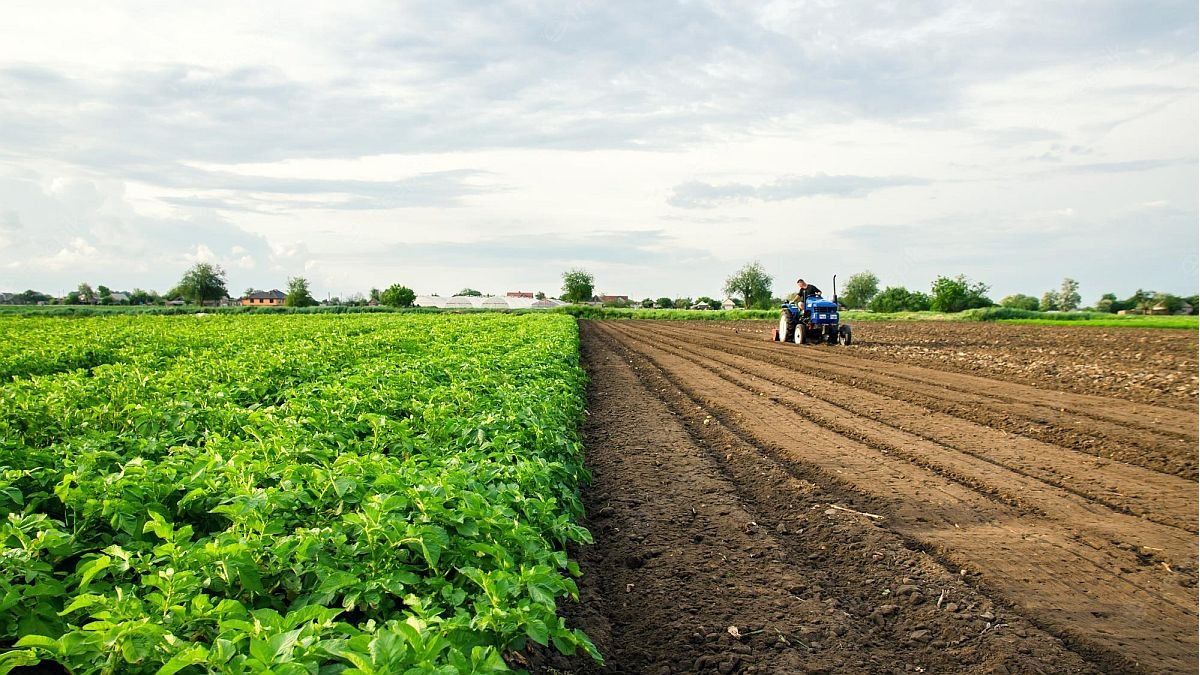Today’s various provisions declare a state of emergency, retroactively, from October 1, 2021 to September 30, 2022 for farms affected by flooding in districts V, VI, VIII, IX and XI of the Buenos Aires district by Hipólito Irigoyen.
For the same reason, although for the period from April 1, 2022 to September 30 of said year, an emergency is declared in the Pehuajó and Bolívar Districts and in Circumscriptions II, VI, VII, VIII, IX and X of the Party of Carlos Casares; while those affected in the General Villegas Party are also declared in such a state from January 1, 2022 to March 31, 2022.
The most affected towns
On the other hand, Due to the drought, it was decided to declare an agricultural emergency to various Buenos Aires parties, in periods that ended on December 31, with start dates that vary depending on the case.
For the San Pedro, Arrecifes and Suipacha districts, the emergency began on June 1; for Rojas, Ramallo, Alberti, Lobos, San Vicente and Magdalena, on October 1; for Salto, on September 1; and for Junín, Dolores and Chascomús, on July 1.
The emergency was also established between January 1, 2022 and until June 30, 2022 in the Tordillo party.
Due to the intense rains and winds, the affected producers of constituencies II, III and IV of the Florencio Varela Party were also declared under said condition, in the period from January 20, 2022 to June 30 of that year.
Finally, in the province of Jujuy, a state of emergency was established from December 1 to November 30, 2023 for wine and fruit farms affected by frost in the Departments of Humahuaca, Tilcara and Tumbaya.
Today’s provisions indicate that, in order to receive the benefits, the affected producers must present a certificate issued by the competent authority of the province, stating that their properties or exploitations are included in the foreseen cases.
Provincial governments will send the list of affected producers to the Executive Technical Secretariat of the National Commission for Agricultural Emergencies and Disasters, along with a copy of the emergency certificate issued by the competent provincial authority.
For their part, the national, official or mixed banking institutions and the Federal Administration of Public Revenues (AFIP) will arbitrate the necessary means so that the agricultural producers included in the resolution enjoy the benefits provided.
Assistance for emergency areas contemplates, on the one hand, the extension of the expiration of the payment of taxes that are levied on the assets, capital or profits of the affected farms until the year following the end of the emergency.
In addition, it contemplates the suspension of the initiation of tax execution trials for the collection of taxes owed; and if it was already started, it must be stopped until the emergency expires.
In addition, the deduction in the tax balance of the Income Tax of 100% of the benefits derived from the forced sales of bovine, ovine, caprine or pig farms is foreseen.
Source: Ambito
I am a 24-year-old writer and journalist who has been working in the news industry for the past two years. I write primarily about market news, so if you’re looking for insights into what’s going on in the stock market or economic indicators, you’ve come to the right place. I also dabble in writing articles on lifestyle trends and pop culture news.




